
The results are in: we are very excited to announce the winners of the 2023 Iowa Review Awards! The work of the winners will be published in our Winter 2023/2024 issue. Thank you to everyone who participated in the contest, and a huge thank you to our contest judges: Lauren Haldeman (poetry), Brandon Taylor (fiction), and Sarah Minor (nonfiction). Meet our winners:
POETRY
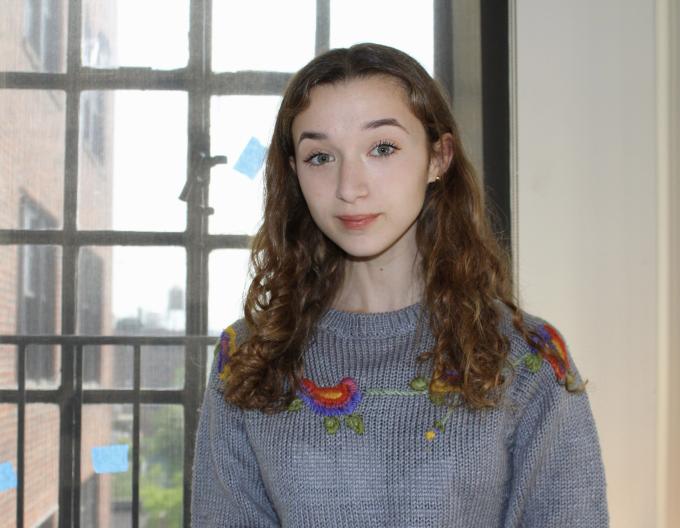
Winner: Eliza Gilbert, “Self Portrait as First Death of a War Movie” and two other poems
Judge comments: “The first thing I noticed about this work was how much fun it was to read. I never knew what to expect. There were moments that really shouldn't make sense but somehow did, with such a clarifying oddity inside of them. 'I keep his rupture stashed / in a capsule under my tongue. / It sheds gunmetal...' There were other moments where words played with each other in a fantastic way: 'Trying not to eat / the baby firework. What wildness, / that even this small ordnance / could feel like ordinance.' And lastly, there was something so punk rock about it all, such a refusal to play by the rules. These poems captivated me.”
Eliza Gilbert is an undergraduate at Vassar College. Her poetry can be found or is forthcoming in The Threepenny Review, The Adroit Journal, Frontier Poetry, and others. She was a finalist for the 2022 Adroit Prize in Poetry, and she received Frontier Poetry's 2023 Hurt & Healing Prize. She was born and raised in New York City.
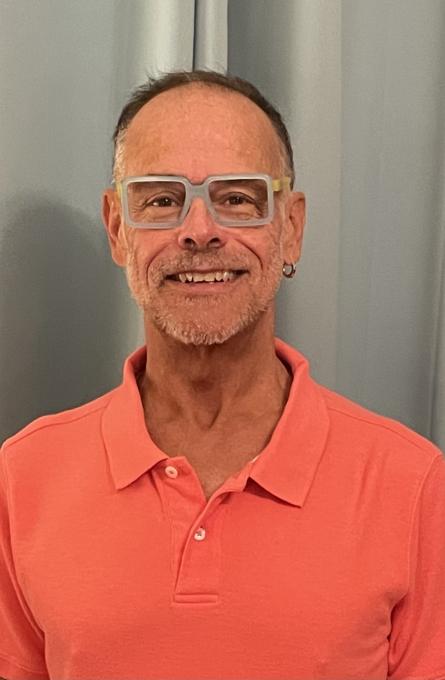
Runner-up: ricardo h.j. león, eight poems from “the strange migrations of fulanito o'brien”
Judge comments: “This work had such energy and such subtlety, mixing together in a really magnetic, interesting way. There were places of extreme vulnerability and quiet as well. I was always surprised by the heart wrenching lines that would catch me in the midst of the maelstrom, places like 'Lightbulb’s out, which means, Change it. And I’d change / anything for you. I promised I’d change.' Goodness, what a line. And 'thirsted far / more than New York City marathoners / who’ve never had to sprint to stay alive...' I felt this work like a jolt and I continued to think about it long after I'd finished reading it.”
Born and raised in Venezuela, ricardo haney-jardine león grew up speaking and writing in Spanish, English, and French. At 15 he came to the U.S. for boarding school at Phillips Exeter Academy, where he had the extraordinary opportunity of working individually (albeit briefly) with Gwendolyn Brooks, Jorge Luis Borges, and Thom Gunn. He graduated in 1985 from Harvard, where he studied with Carlos Fuentes, Helen Vendler, and, for three years, Seamus Heaney as his one-on-one tutor. He subsequently abandoned a graduate degree from the Sorbonne in the philosophy of the French Enlightenment. Over the next three decades he held senior positions at Houghton Mifflin, Sony Classical Recordings, and Carnegie Hall, translating scores of poems from and into several languages. At 57, he enrolled in Emerson College’s MFA program, graduating in 2022, winning several graduate awards, including two consecutive Academy of American Poets Awards, adding to the two he received in college three decades earlier. At Emerson, he worked with Daniel Tobin, Richard Hoffman, and Megan Marshall. This is his first year seeking professional publication. Nowadays, he writes in English primarily, as well as Spanish, French, and Italian. In 2020, he moved to Houston, Texas to help care for his parents, now 88 and 95. On February 16, 2023 he embarked in composing and posting on Facebook a brand new sonnet every day for 365 days.
FICTION
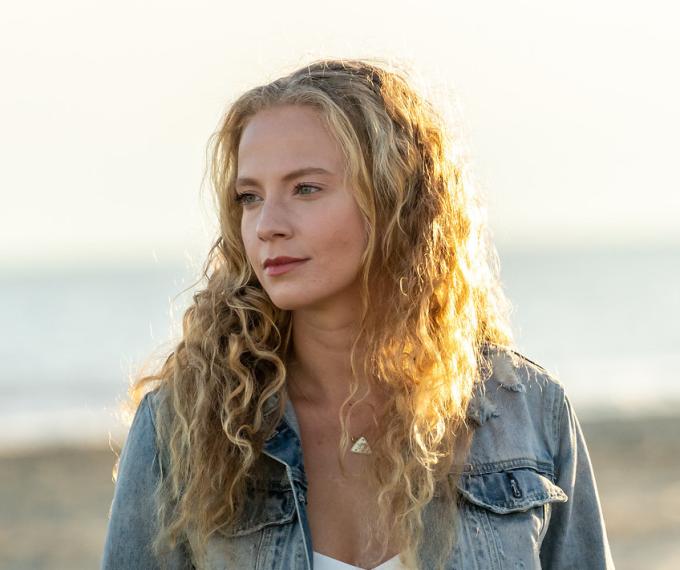
Winner: Gracie Newman, “Family Video”
Judge comments: “'Family Video' deftly charts a descent into the underworld of memory set within the wonderfully realized walls of a video cassette store. Funny, downbeat, and wise about the ways people find to cope with the wreckage of their lives—a mesmerizing achievement of fiction. Its final moments arrive like the end of a bad a dream: beautiful, strange, and terrifying. The prose is lovely, rhythmic, the images brought off with a real poet’s sensibility. A total stunner at every level.”
Gracie Newman is a writer from Buffalo, New York. She is currently a fellow in fiction at the Michener Center for Writers in Austin. Her work has appeared or is forthcoming in Joyland, Nimrod, The Adroit Journal, Fugue, and elsewhere.
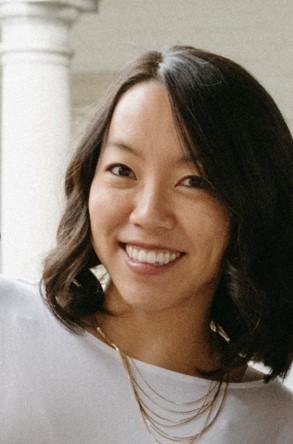
Runner-up: Chelsea Tokuno-Lynk, “Yonsei”
Judge comments: “'Yonsei' is a story of reunions and departures rendered in a wonderfully melancholic mode. This story is a breathtaking illustration of the power of character, atmosphere, and the way that often the simplest plots give us the most profound, rich narratives. Rendered in lucid prose with striking details, 'Yonsei' is a story that lingers in the mind—you go on through life, missing these characters, missing the language of this story, its calm and its intensity of feeling which comes from the clarity of the writing. A wonderfully moving story.”
Chelsea Tokuno-Lynk is a Japanese American writer, fundraiser, and foodie who grew up in Kāneʻohe, Hawai'i. She is the daughter and descendant of poets, artists, orchard farmers, and beach dwellers. A 2015 and 2018 VONA/Voices alumna and Kundiman Fellow, she lives in Milwaukee, Wisconsin with her husband and two children.
NONFICTION
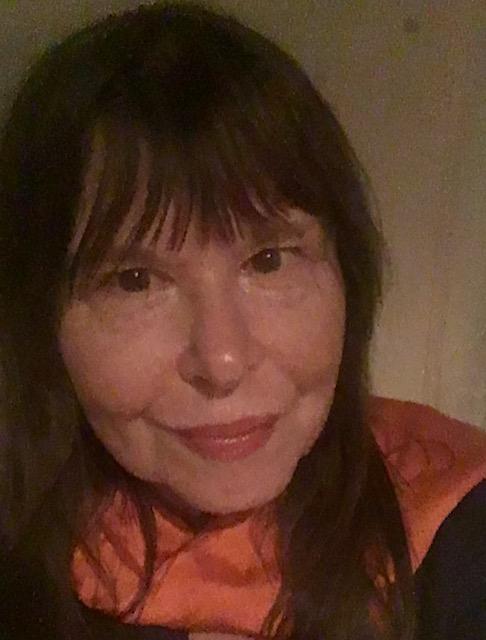
Winner: Rochelle Goldstein, “The Stain"
Judge comments: "'The Stain' is a narrative essay driven by the inertia of the writer’s mind. It’s a piece that starts like it ends, with a 'whoosh,' framing a meditation in action and full of precise detail and dark, quiet humor. The essay features a death camp disguised as a spa, a record of methods for 'cooking with the mouth,' and 'walls damp with the touch of human heat' to weave a masterful and deeply embodied consideration of the intangible records of history, in place."
Rochelle Goldstein is a writer, editor and teacher living in New York City. Her work has appeared in Nimrod, Columbia Journal, Podium, and Self magazine, among other publications. She was a semi-finalist for the Pablo Neruda Poetry Prize. The author of two nonfiction science books for young adults, she is currently an MFA candidate in nonfiction from Columbia University. She holds an MFA in poetry from the Bennington Writing Seminars at Bennington College, where she was the recipient of the Jane Kenyon scholarship. Grants and fellowships have come from Columbia University, the Rose Biller Foundation, and the Pollock-Krasner Foundation. She is at work now on a family memoir about her mother’s secret life in Bavaria Germany during the Nazi regime, and is deeply honored and grateful for the support of The Iowa Review.
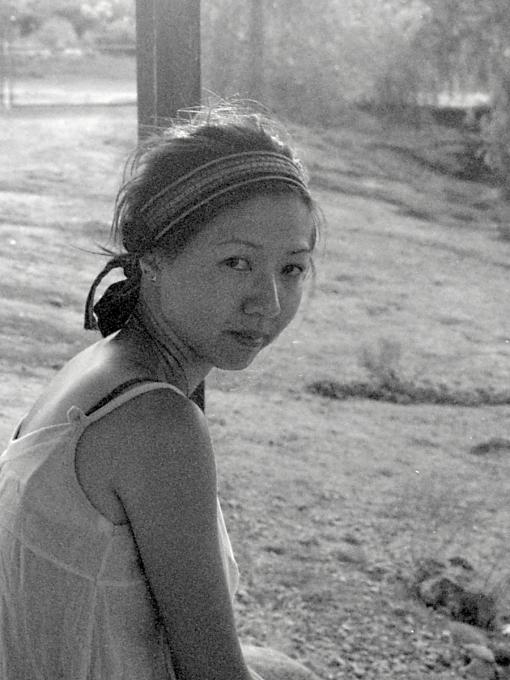
Runner-up: Jennifer S. Cheng, “Catalogue of Falling Things”
Judge comments: “In numbered fragments, the hybrid essay 'Catalogue of Falling Things' presents a cadence of ledges, holes, and absences. Across 28 sections, Cheng captures the daily life of a person living in the wake of trauma, navigating a fast-paced world while also falling through it. For the reader, falling becomes both a temporal sensation and a literary device. Like Alice, as we pass through glimpses of the body’s 'pathological' forgetting, 'dragging one numb foot towards the door,' the essay’s form asks the reader to inhabit the experience of being perpetually half-caught.”
Jennifer S. Cheng is a poet and essayist. She is the author of MOON: LETTERS, MAPS, POEMS (Tarpaulin Sky, 2018), which was named a Publishers Weekly “Best Book of 2018,” and HOUSE A (Omnidawn, 2016), which was selected by Claudia Rankine for the Omnidawn Poetry Book Prize. Her writing has received support from Brown University, the University of Iowa, the National Endowment for the Arts, the U.S. Fulbright program, and elsewhere. Having grown up in Texas and Hong Kong, she lives in San Francisco. www.jenniferscheng.com.
